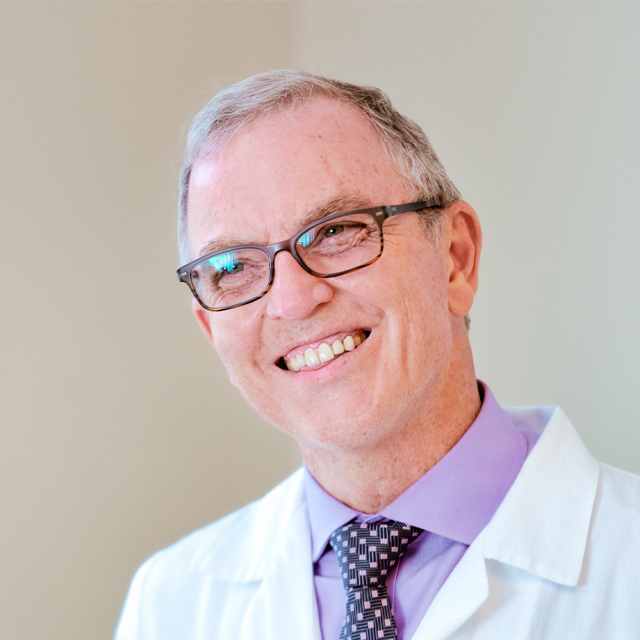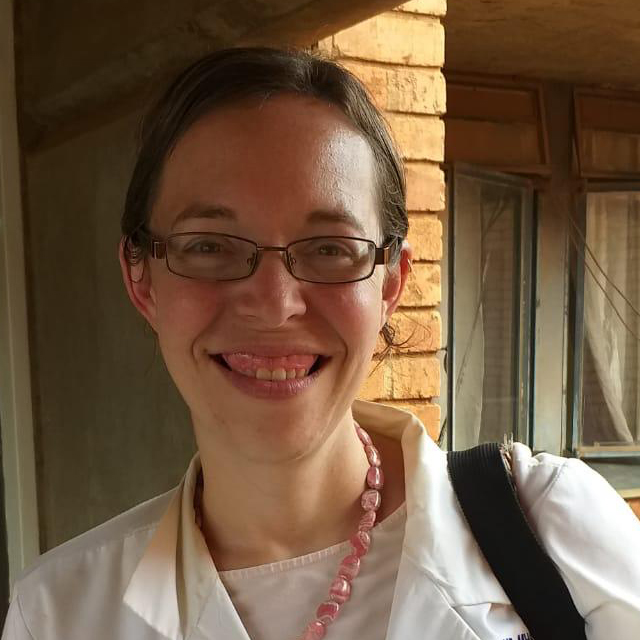Maria Oliva-Hemker ’86 says she gets “great joy from helping others succeed in their careers.”
As vice dean for faculty since August 2021, she is experiencing more of that joy than ever, as she works to recruit, retain, support and promote more than 3,000 full-time and 2,000 part-time faculty across Johns Hopkins Medicine.
That includes supporting the institution’s efforts to make its faculty more diverse.
“It is important for our increasingly diverse learners to be able to see themselves in leadership positions,” she says. “Different perspectives and cultures make an organization stronger.”
Oliva-Hemker, a pediatric gastroenterologist, is just the third Black woman to become a full professor in the school of medicine, and the second Hispanic woman (the first to rise through Johns Hopkins) to achieve the rank.
She was born in Cuba, the daughter of Erneido Oliva, who was captured while leading a brigade of exiles during the April 1961 Bay of Pigs Invasion. After the U.S. ransomed his release, the family moved to the U.S. when Oliva-Hemker was 2.
After earning her undergraduate degree at Georgetown University, Oliva-Hemker graduated from the Johns Hopkins University School of Medicine and became an internationally recognized clinical expert in pediatric gastrointestinal diseases, particularly inflammatory bowel disease (IBD).
In 1998, she launched the Johns Hopkins Pediatric Inflammatory Bowel Disease Center, which provides multidisciplinary care and second opinions to children and teens with Crohn’s disease and ulcerative colitis. In 2005, she became the inaugural recipient of the Stermer Family Professorship in Pediatric Inflammatory Bowel Disease, and in 2008, she became division director of pediatric gastroenterology.
Oliva-Hemker is gratified by changes she’s seen in IBD care, including the use of disease-modulating biologic and small molecule therapies. She also likes the variety of the work. “You can fix something quickly, like removing an ingested foreign body from a toddler, or develop a longstanding relationship with a patient who has a chronic illness,” she says.
She didn’t necessarily plan to move into leadership at the start of her career, she says, but she recognizes that her own success could inspire others.


